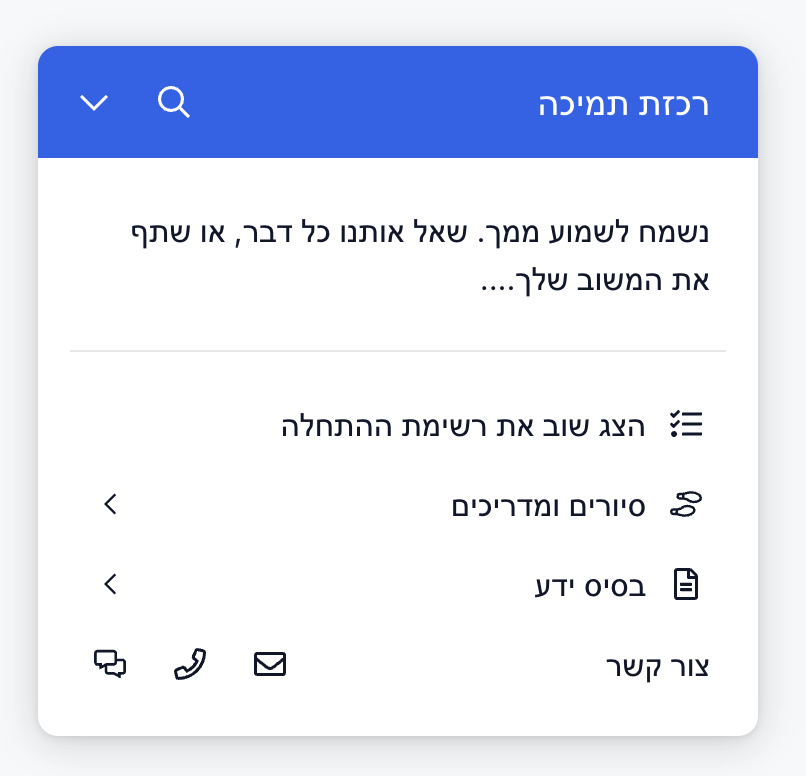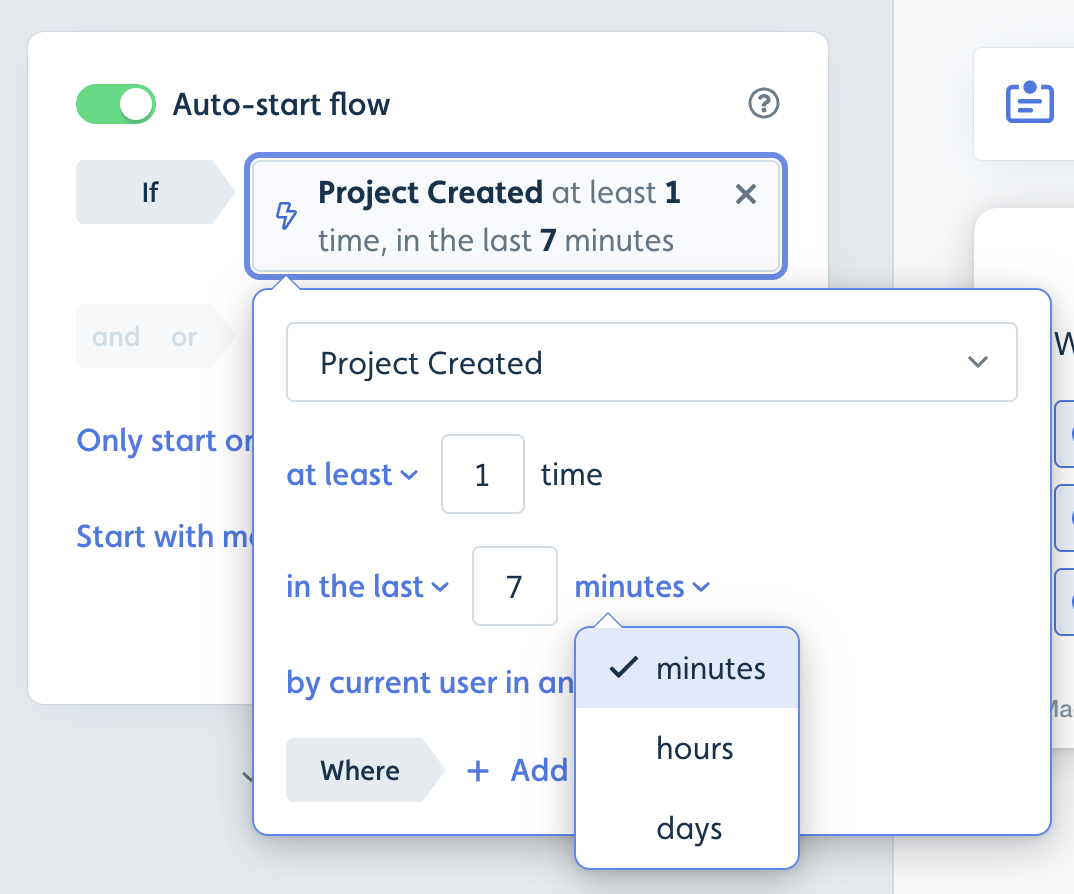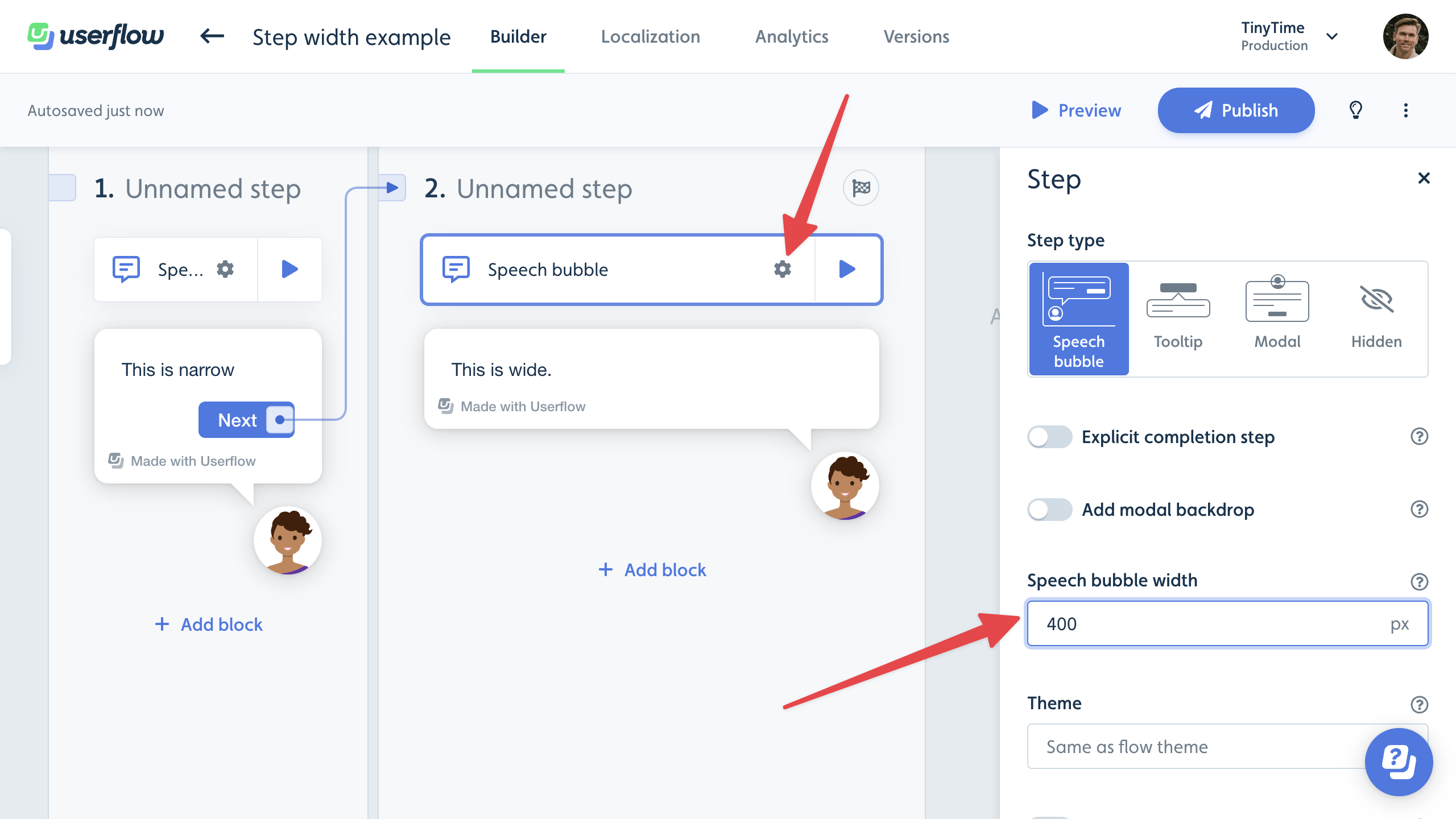
Sebastian Seilund on
Aug 10, 2022
Your themes can now contain conditional variations/overrides to e.g. support dark and light mode in a single theme.
Simply add a new conditional variation in the theme editor:

Next, you define the condition for your variation, such as “Dark Mode is true”, and change the theme properties you want.

All overrides from all variations with true conditions, will be applied to the main theme, in the order they’re listed.
The organization of theme settings have also gotten a small facelift.











